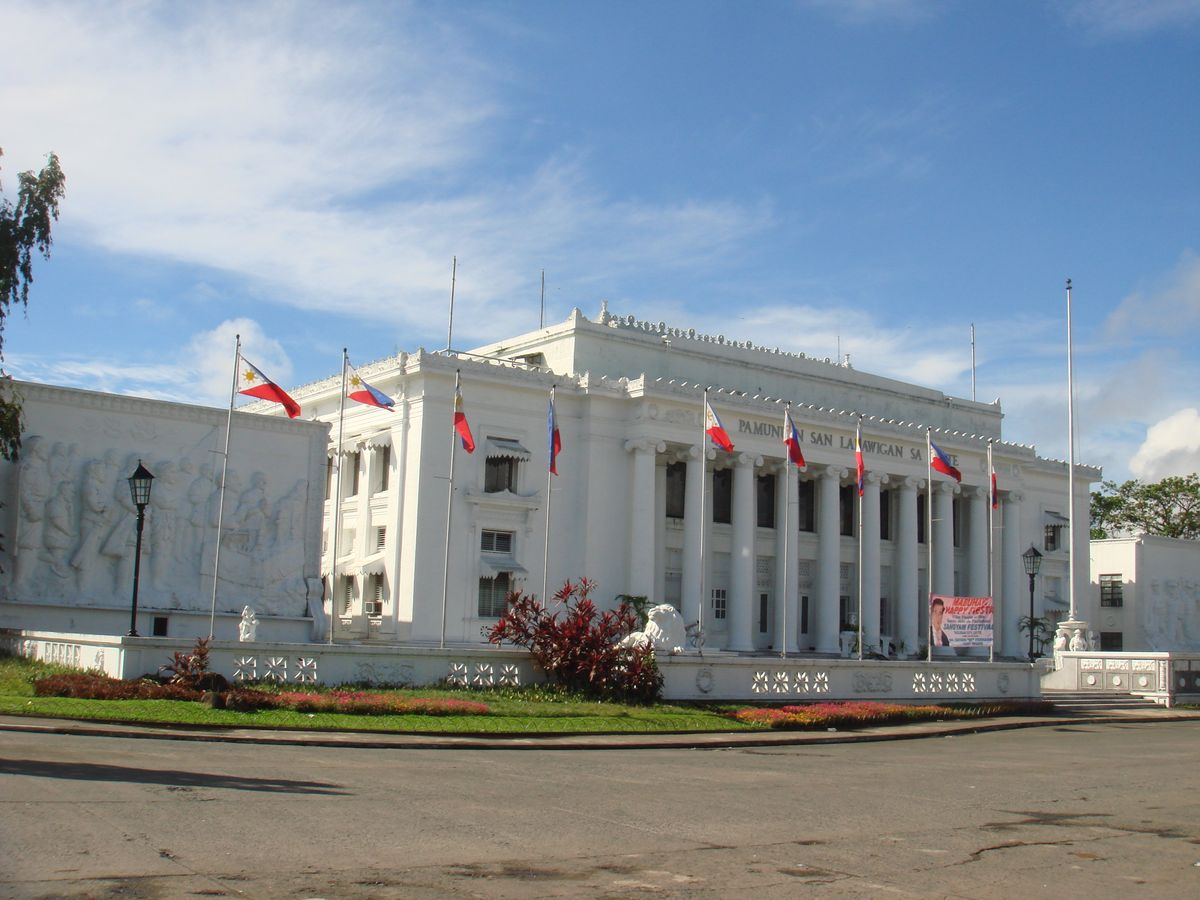The Origins of Corruption in the Philippines: The “Cultural Deviancy” Fallacy

by TOMMIE THOMPSON
It has practically become a trope among the elites of the Philippines – the ilustrados – to attribute their nation’s failures to their own idiocy. Often times they call on their peers to reject corruption, vice, and backwardness, and to look to the West (especially the US) for inspiration. Ateneo de Manila University’s Richard Heydarian recently argued, for example, that “it is time for the Filipino elite to rediscover modernity,” while Transparency International – Philippine Chapter’s Executive Director Cleo Calimbahin proposed that “both the political and the economic elite should come together and agree that it’s time to stop taking so much from the country.” Even Benigno Aquino, the quintessential modern Filipino hero, blamed the Philippines’ failure on its people; “they profess love of country, but love themselves-individually-more.” This rhetoric is often coupled with a broader argument against “cultural deviancy,” in which Filipino culture makes Western liberalism unsuitable. In addition to a culture that harmfully promotes high religiosity and poor individual choices, critics attribute the corrupt patron-client system that forms the basis of Filipino politics to an indigenous predisposition for strong familial ties.
In a way, the “cultural deviancy” position has truth to it; Filipino politics often resembles a corporate mafia, in which dynastic brands like the Marcos, Aquinos, and Arroyos carry more political weight than a solid campaign platform. However, it is empty and impractical to explain corruption and instability with culture, and then to attempt to remedy it by scolding the people. This is how analysts initially explained the Asian Tigers, a group of Asian countries that rapidly and successfully industrialized despite expectations; their success was attributed to their “Asian values.” More nuanced historical analysis later on, however, debunked this myth in favor of an institutional approach based on strong governance and leadership. A similar debunking must occur concerning the corruption of the Philippines. Its origins must be found within a historical-institutional framework before progress can be made.
Like most of the Third World, the weak state of the Philippines is most likely rooted in its colonial past. During the Spanish colonial period, the ilustrados were appointed to political positions so that they could act as tax collectors. These appointees formed the beginnings of the landed-gentry. When the United States took over after the Spanish-American War, it followed the precedence set by the Spanish and kept the same ilustrados in power; the Americans believed that the Filipino elites’ established andprivileged position would assist the transition to American colonial rule. To make things worse, William Howard Taft, the governor-general of the Philippines at the time, implemented the Philippine Organic Act of 1902. This dethroned the Catholic Church as a political institution, and sold church land to the already wealthy ilustrados. When the Japanese invaded the Philippines during WW2, they continued to maintain the aristocracy to help their occupation.
The Philippines was given a chance to reverse the colonial trend when they gained independence in 1946. Since the elites collaborated with the Japanese, there was good reason to remove them from political power. However, in order to facilitate postwar national healing, President Manual Roxas granted amnesty to all Filipino collaborators. This controversial move unfortunately allowed the ilustrados to maintain their power, and therefore paved the way for contemporary political dynasties.
The political history of the Philippines illustrates how their modern political system, mired in nepotism and patronage, came to be. It wasn’t due to a culture that inhibits democracy, but to inherited colonial institutions that gave the wealthy few an advantage over the struggling many. The aristocracy controlled much of the land, which enabled them to rent-seek and impose a patron-client system on the general public. And with this system so entrenched – much so that the Economist worried that ending the patronage system would collapse Filipino politics – it is nearly impossible for the nouveau riche or benevolent aristocrats to pursue an honest path without being crushed. The incentives and situation work against any defectors of the system, so it is understandable why corruption persists among the ilustrados.
However, all hope is not lost, and the key to the Philippines’ future lies in institutional reform. Although not a solution by any means, I propose that the Philippines begin reversing corruption by promoting grassroots democracy and agrarian land reform. For the former, the solution is not simply to increase political participation; the Philippines actually have a high voter turnout (75% in 2010). Rather, the solution is to make sure the democratic participation of the people reflect their will. As it stands now, many votes are bought off, which the public welcomes due to high poverty. To remedy this, the income of those in the most extreme poverty should be supplemented by government programs in order to curb the attractiveness of the patron-client system. Although this would dip into national finances, the long-term benefit of greater democratic effectiveness may be worth it. As for land reform, the government should reinstate the recently expired Comprehensive Agrarian Reform Program, which had the government buy large areas of land and redistribute them among farmers working on them. This would surely break the hold of the landed-gentry among the rural population.
Ultimately, the issue of Filipino corruption is one of historical legacy, not cultural flaws. Although a universally-applicable prescription to the Global South, the Philippines must diminish the power of the elites and hold them accountable in order to curb corruption. But perhaps a more necessary goal is to improve the democratic process. Unlike other countries, in which better democracy entails preventing voting fraud and fighting kleptocracy, the problem in the Philippines is more fundamental. The people must be given the opportunity and incentives to vote their preferences, despite the favors they stand to gain; they must be convinced to exercise their will. The most promising solution would be strong government institutions that provides for the people, so that they do not need to seek necessities in corrupt sources. This wouldn’t solve the problem, since Filipino democracy also faces fraud and theft, but it is a necessary prerequisite for progress. Although idealistic, the current trends in the Philippines are promising, and it will be interesting to see how this nation lives up to the global community’s optimistic expectations.


